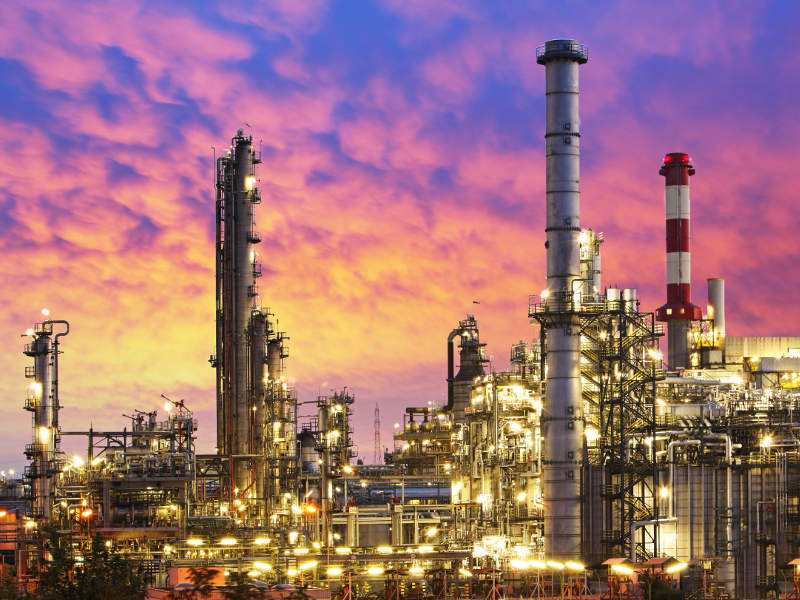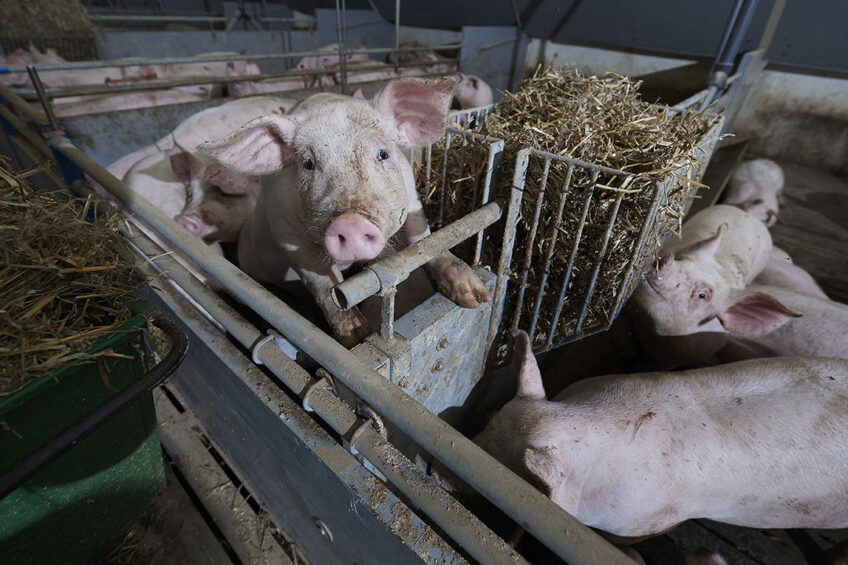Ghana is exploring a shift from European to Nigerian sources for its petroleum imports, aiming to reduce the approximately $400 million spent monthly on importing fuel.
According to Chief Executive Officer of the National Petroleum Authority (NPA), Dr. Mustapha Abdul Hamid, the move would involve sourcing from Nigeria’s Dangote Oil Refinery, which, once operational, is expected to produce 650,000 barrels per day (bpd).
“If the refinery reaches 650,000 bpd capacity, all that volume cannot be consumed by Nigeria alone, so instead of us importing as we do right now from Rotterdam, it will be much easier for us to import from Nigeria, and I believe that will bring down our prices,” Dr. Hamid said during the OTL Africa Downstream Oil Conference in Lagos.

The potential deal would support Ghana’s cost-saving objectives by cutting dependency on European suppliers, thereby easing foreign exchange pressure and stabilizing local fuel prices. Ghana’s current “Gold for Oil” (G4O) programme, which leverages gold reserves to finance petroleum imports, has aimed to achieve similar goals. Under this programme, the Bank of Ghana (BOG) purchases dore gold to support the importation of fuel, reducing foreign exchange demands and stabilizing fuel costs domestically.
Dangote Oil Refinery, located in the Lekki Free Zone near Lagos, is poised to be Africa’s largest oil refinery, with a surplus of refined products for export beyond Nigerian consumption. Once completed, the $21 billion project will process Nigerian crude, while also being adaptable to other crude types.
Dr. Hamid noted that details of potential savings from the Nigerian deal are yet to be determined but expressed optimism that importing from Dangote Oil Refinery could help stabilize Ghana’s petroleum sector costs and address cedi depreciation concerns.
The OTL Africa Downstream Energy Week, serves as Africa’s premier downstream energy event, bringing together policy makers, regulators, and industry stakeholders from across the continent. The conference covers critical areas of the downstream supply chain, including refining, logistics, marketing, renewable energy, and policy innovation.








